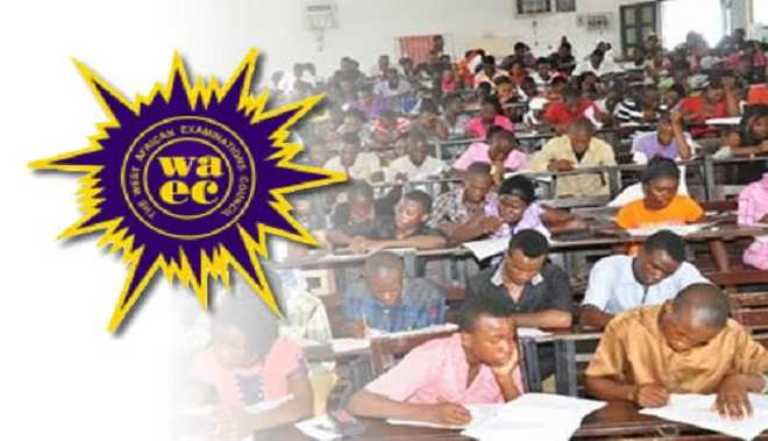The West African Examination Council (WAEC) has categorically refuted a widely circulated online news report claiming the cancellation of the recently concluded West African Senior School Certificate Examination (WASSCE) for 2025. The false report, which surfaced on social media platforms on Saturday, July 19, 2025, alleged that the Federal Ministry of Education, in conjunction with WAEC, had nullified the examination due to pervasive examination malpractice, orchestrated leakage of question papers, and unauthorized digital dissemination of exam materials. WAEC swiftly responded to the misinformation, issuing a statement on Sunday, July 20, 2025, through its Acting Head of Public Affairs, Moyosola Adesina, denouncing the report as spurious and unequivocally stating that it did not originate from the council. The examination body emphasized that the WASSCE 2025 had not been cancelled and reassured candidates that the marking of scripts had been completed, with results expected to be released on or before Monday, August 4, 2025.
WAEC expressed its concern over the fabricated news report and attributed its dissemination to mischief-makers intent on damaging the council’s reputation and creating unnecessary anxiety among candidates who sat for the examination. While the exact source of the misinformation remains undetermined, WAEC believes that the false claims were deliberately propagated to sow confusion and panic. The council has taken steps to allay these fears and restore confidence in the integrity of the examination process by reiterating its commitment to upholding the highest standards of examination administration. The prompt response and clarification from WAEC aim to counter the damaging effects of the false information and ensure that candidates, parents, and other stakeholders are not misled by the unfounded allegations.
The fabricated news report detailed alleged reasons for the purported cancellation, citing widespread examination malpractice, coordinated leakage of question papers, and unauthorized digital dissemination of exam materials as the justifications for the drastic measure. This level of detail in the false narrative likely contributed to its rapid spread and the ensuing anxiety among candidates and their families. The report’s attempt to lend credibility to its claims by implicating the Federal Ministry of Education in the supposed cancellation further exacerbated the situation. This highlights the potential for misinformation to quickly gain traction in the digital age and underscores the importance of timely and accurate information dissemination by official sources.
WAEC’s prompt and decisive response underscores the importance of maintaining clear communication channels with stakeholders and the public. The council emphasized that all official information is disseminated through its verified social media handles and accredited media platforms, ensuring that any information received from other sources is treated with caution. All official press releases, the council reiterated, are issued and signed by the Public Affairs Department on behalf of the Head of National Office. This clear protocol for information dissemination aims to prevent the spread of misinformation and maintain the credibility of the examination process.
The incident highlights the vulnerability of institutions like WAEC to malicious misinformation campaigns that can undermine public trust and create unnecessary panic. The deliberate spread of false information can have significant repercussions, impacting not only the credibility of the examination body but also the emotional well-being of students who have invested considerable time and effort in preparing for the examination. This incident underscores the need for vigilance in identifying and addressing misinformation, particularly in the context of critical events like national examinations.
This incident also serves as a reminder of the importance of media literacy in the digital age. The rapid spread of the false news report highlights the need for individuals to critically evaluate information encountered online and verify its authenticity before sharing it with others. By exercising caution and consulting official sources, individuals can help curb the spread of misinformation and contribute to a more informed and responsible online environment. The incident provides a valuable lesson in the importance of verifying information, especially when it concerns critical events like national examinations.
In the immediate aftermath of the incident, WAEC has taken proactive steps to mitigate the damage caused by the false news report. The council has directly addressed the misinformation through official channels, ensuring that accurate information is disseminated to all stakeholders. By reiterating its commitment to upholding the integrity of the examination process and emphasizing its established communication protocols, WAEC aims to restore public confidence and reassure candidates that their efforts will be fairly assessed. The incident serves as a learning experience, underscoring the importance of continuous vigilance and proactive communication in combating misinformation.














